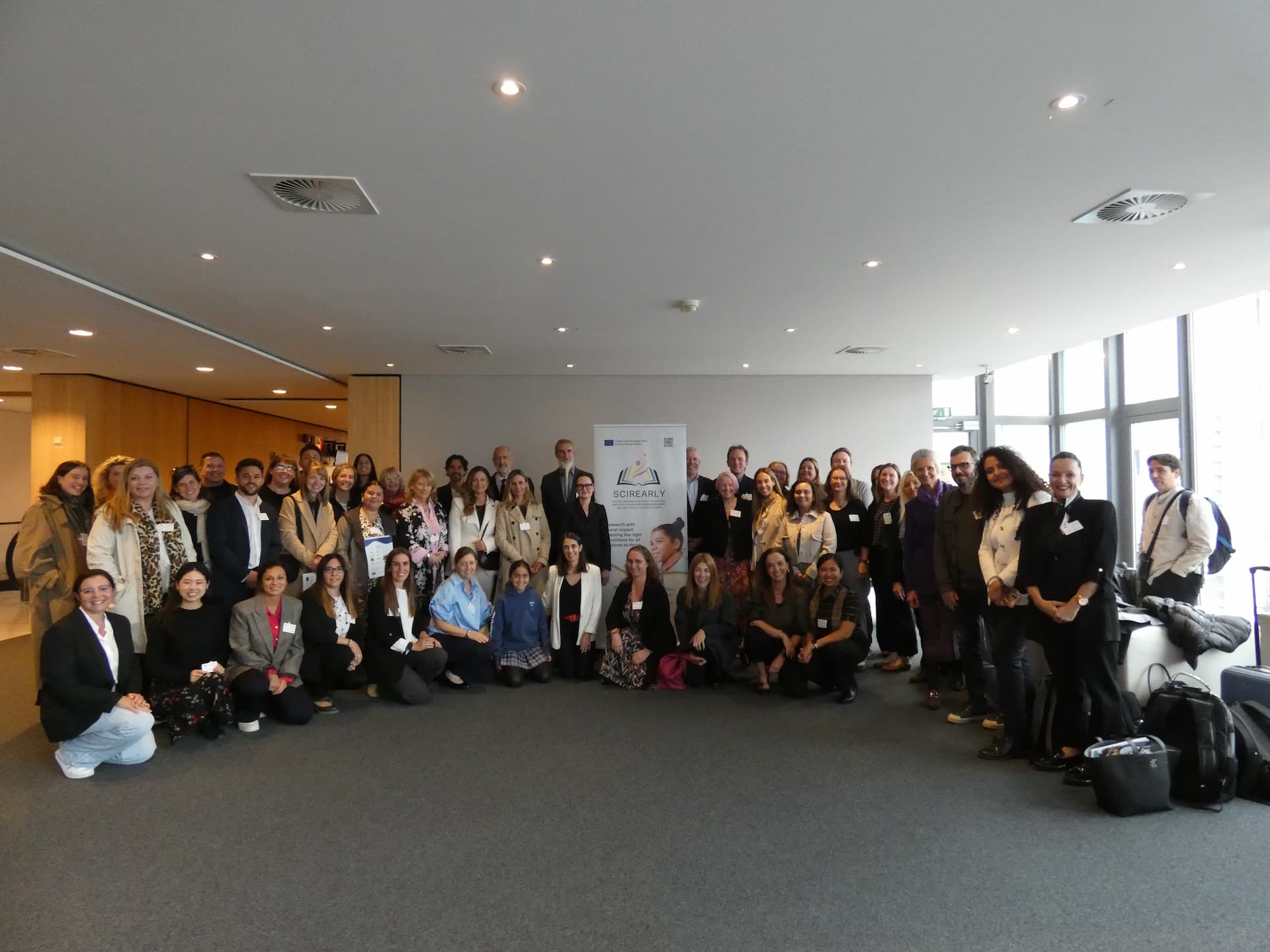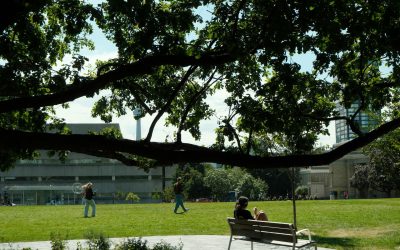La dispersione scolastica e il basso rendimento rappresentano ostacoli significativi allo sviluppo sociale ed economico in tutta Early leaving of education and training (ELET) and low academic achievement pose significant obstacles to social and economic development across Europe. Formal education is the most powerful tool to ensure a successful future for every child. It is essential that educational policies and pedagogical practice converge to create high-quality, inclusive learning environments that support all students, preventing disengagement and failure. The European project SCIREARLY responded to this challenge by exploring successful learning environments (SLE), testing their best practices in lower-performing settings, and providing guidelines to replicate such practices in other contexts.
The key factor in the best practices drawn from the analysed SLE lies in their capacity to stimulate and reinforce students’ engagement – cognitive, behavioural, and emotional. This engagement is a protective factor against academic and social difficulties.
The SCIREARLY research identified 3 relational pillars that must be nurtured for a school environment to achieve good results:
- Teacher–Student Relationship: A positive classroom climate, where the teacher shows empathy and understanding for the student’s point of view, is fundamental for fostering growth and success. When the teacher recognizes and values individual differences, they create an environment of trust and respect that encourages participation, motivation, and the desire to learn.
- Peer Relationships: Feeling part of a group, accepted and respected by peers, is crucial for personal growth and maintaining consistent commitment to studies. Relationships based on respect, collaboration, and mutual support strengthen students’ self-esteem, motivation, and well-being.
- School-Family Collaboration: The active and intentional involvement of families, based on a constant and shared commitment with the school, contributes to improving students’ attendance, behaviour, and academic results.
Through intense experimentation activities carried out in 16 school contexts across seven European countries, the project developed a Pedagogical Toolkit based on effective, evidence-based practices. The teachers involved described the intervention as an experience capable of creating an environment where students felt valued, listened to, and safe to express themselves. At the same time, the research highlighted the importance of providing targeted support to students with learning difficulties or from a migrant background, to ensure that no one is left behind and that everyone can fully benefit from the educational path.
To ensure that the good practices from successful environments spread beyond the initial contexts, SCIREARLY formulated practical guidelines and Policy recommandations for inclusive education of vulnerable youth in Europe.
The scalability of the good practices identified by SCIREARLY depends on the autonomy and competencies of teachers in knowing how to adapt the tools to the specific needs of their classes. It is crucial that the interventions are pedagogically meaningful, allowing for flexibility and room for creativity. To delve into these aspects and better understand the factors that facilitate or hinder transfer to other contexts, we invite you to consult the Scalability Report: Drivers and barriers for transference of the successful learning environments implemented in SCIREARLY.
It is crucial to fully involve principals, teachers, and the educational community in the collective development of learning environments. The key recommendations for policy makers aim for systemic change:
- Structural Reforms: Formally include the identified practices in national curricula and ensure schools have the operational flexibility to implement them.
- Equity and Inclusion: Strengthen support mechanisms for students from marginalized groups, combining interventions that foster positive relationships with active participation strategies.
- Teacher Training: Promote the development of teachers’ relational skills, in contact with students and families, integrating effective tools and strategies in both initial training and continuous professional development.
- External Collaboration: Encourage robust intersectoral collaboration between school, health and social services, and other community actors, promoting an educational community approach to support students facing complex challenges.
These perspectives were developed through a continuous process of dialogue and co-creation with all stakeholders – schools, families, students, the educational community, and policy makers – which went on throughout the project’s duration. Gathering their perspectives served to provide schools with testimonies, knowledge, but also the legitimacy and skills necessary to develop an inclusive and supportive school culture.
If you are a teacher, school principal, or interested in transforming the educational landscape, we invite you to consult the Policy Brief: Successful Learning Environments in Basic Education for all the details and specific guidelines for partner countries.

About the project
SCIREARLY – Policies and Practices based on Scientific Research for Reducing Underachievement and Early School Leaving in Europe is a project funded by the Horizon Europe program, Call Inclusiveness in times of change, Research and Innovation Action.
Partners
- UNIVERSIDAD DE LA IGLESIA DE DEUSTO (Spain, Coordinator)
- KENTRO MERIMNAS OIKOGENEIAS KAI PAIDIOU (Greece)
- MINISTERIO DA EDUCACAO E CIENCIA (Portugal)
- DUBLIN CITY UNIVERSITY (Ireland)
- RED BARNET (Denmark)
- UNIVERSIDADE DO PORTO (Portugal)
- UNIVERSITA TA MALTA (Malta)
- EUROPEAN PARENTS ASSOCIATION (Belgium)
- HELSINGIN YLIOPISTO (Finland)
- UNIVERSITY OF NEWCASTLE UPON TYNE (United Kingdom)
- CESIE ETS (Italy)
For further information
Read more about SCIREARLY, follow us on Facebook, Linkedin, X (Twitter) e Instagram, and visit the web site https://scirearly.eu/.
Contact Alessia Valenti: alessia.valenti@cesie.org.g.









